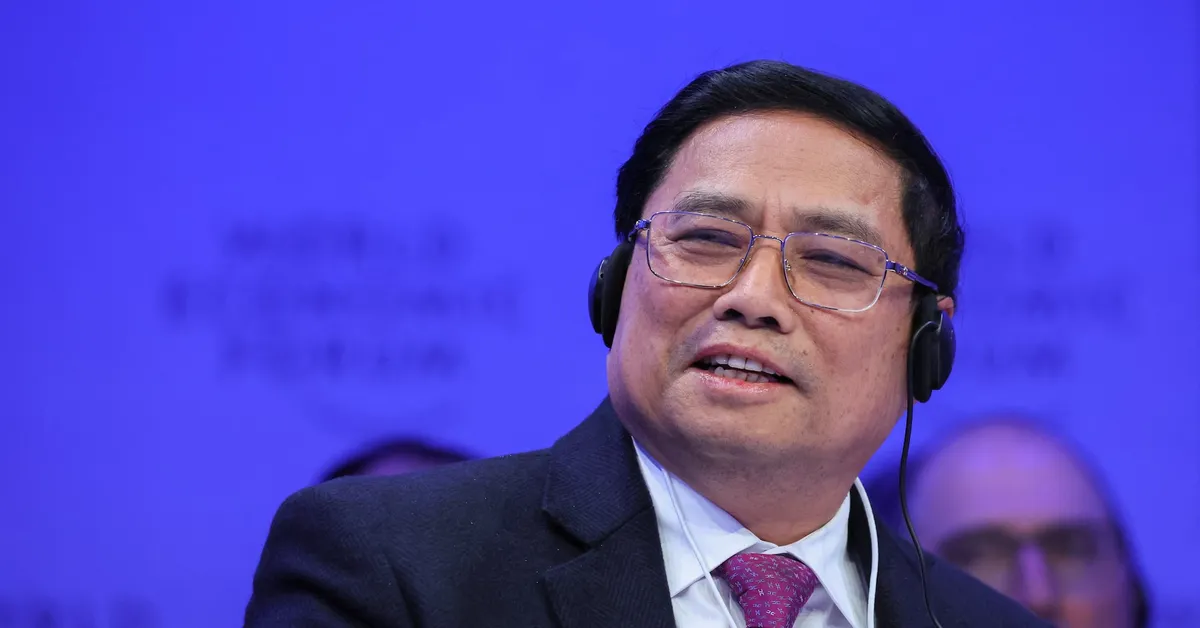
On March 1, 2023, Vietnam's Prime Minister Pham Minh Chinh announced the government's commitment to rapidly grant a license for Elon Musk's Starlink to offer satellite internet services in Vietnam. This initiative will operate under a pilot scheme aimed at enhancing internet accessibility throughout the nation. Chinh made these statements during a meeting with nearly 40 U.S. businesses in Hanoi, highlighting Vietnam's proactive approach to modernizing its telecommunications infrastructure.
Prime Minister Chinh also emphasized Vietnam's intention to address its growing trade surplus with the United States. The government is considering increasing imports of various goods, including aircraft, arms, liquefied natural gas, agricultural products, and pharmaceutical items. This strategy aims to mitigate potential tensions arising from the record trade surplus Vietnam recorded last year, which has made the country vulnerable to retaliatory tariffs that could be imposed by the U.S.
In response to these trade dynamics, Chinh has directed the Ministry of Science and Technology to expedite the licensing process for Starlink's internet services. This move is part of a broader effort to attract foreign investment while maintaining control over strategic sectors within the country.
In a significant policy shift, the Vietnamese parliament approved a temporary measure in February allowing satellite internet companies to operate in Vietnam while maintaining full ownership of their local subsidiaries. This decision aligns with a precondition set by Elon Musk and marks a departure from Vietnam's historically strict regulations regarding foreign control in sensitive economic sectors.
A U.S. official present at the meeting expressed optimism that the discussions would help resolve outstanding issues faced by U.S. companies operating in Vietnam. Prime Minister Chinh is also scheduled to meet with additional foreign investors in the coming days, as he aims to alleviate concerns stemming from global trade tensions that could impact Vietnam's export-driven economy.
In a related economic development, Vietnam's government reported a significant deal worth $11 billion, although it did not specify whether this amount includes engines and other components typically purchased separately. The White House had previously estimated the deal's value at $7.8 billion. This agreement, initially signed in 2016 and revised since, has yet to result in any aircraft deliveries, despite expectations for the first jets to arrive last year.
While Vietnamese officials have outlined various strategies to tackle the trade surplus with the U.S., no major agreements have been publicly confirmed. The government has indicated a willingness to increase imports of U.S. agricultural products and has shown interest in acquiring U.S. liquefied natural gas to support the development of its emerging LNG industry.
As Vietnam navigates these complex economic challenges, it continues to seek opportunities for growth and collaboration with international partners, underscoring its commitment to fostering a robust and diversified economy.